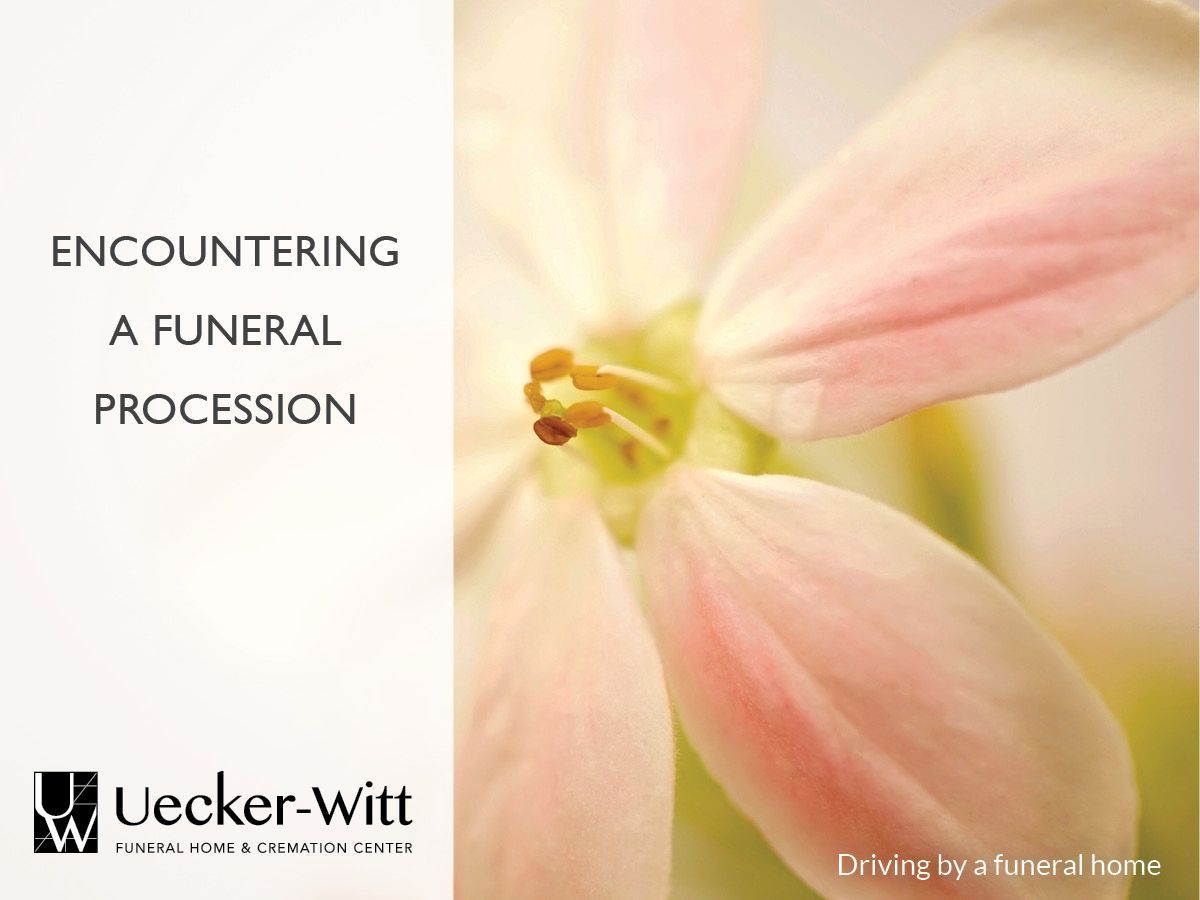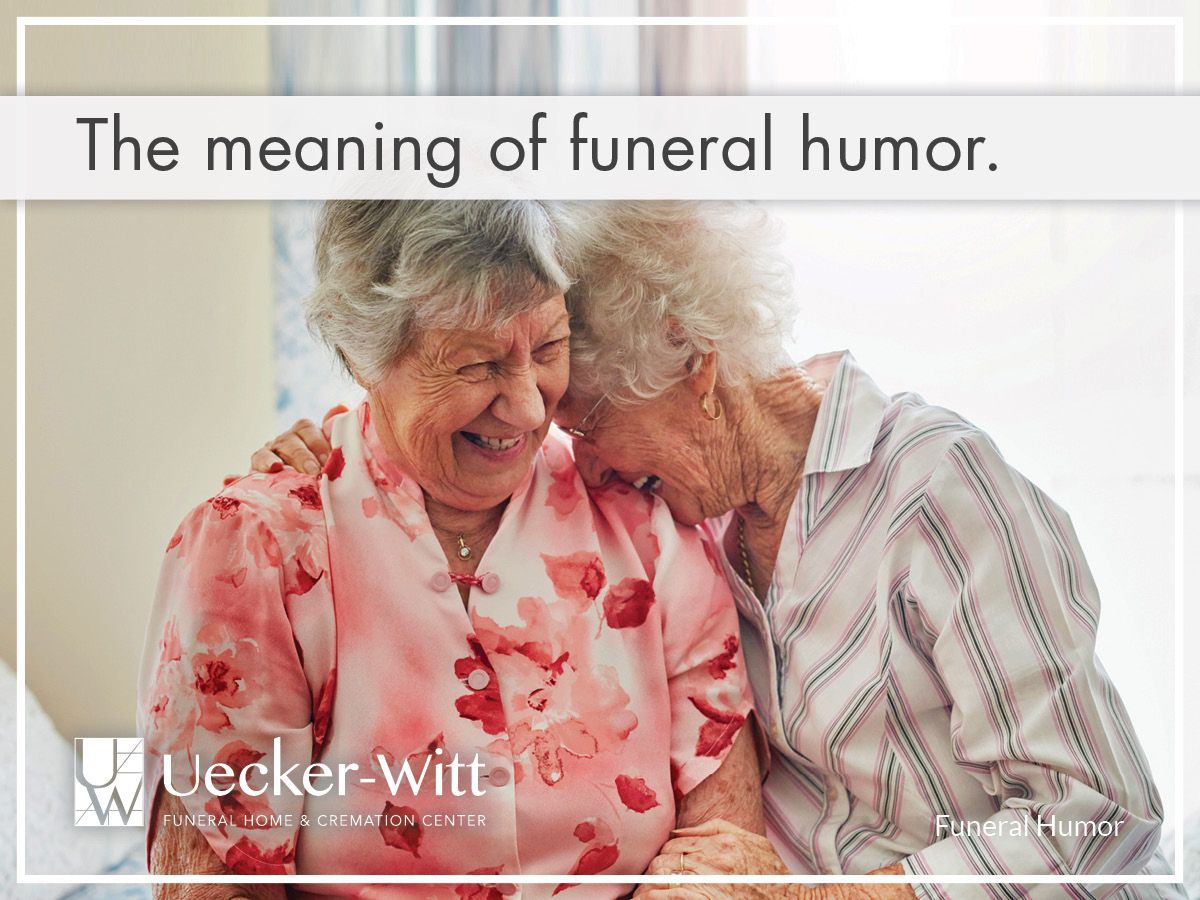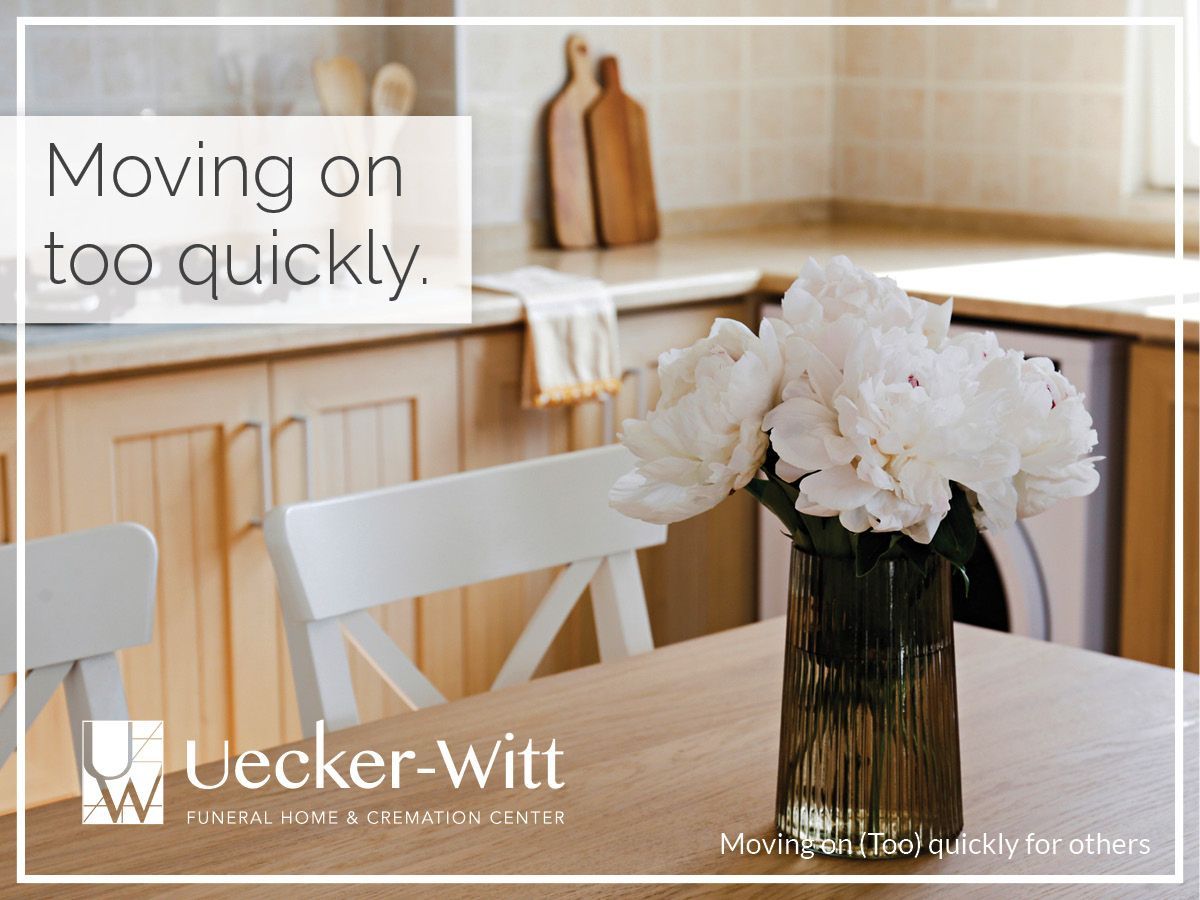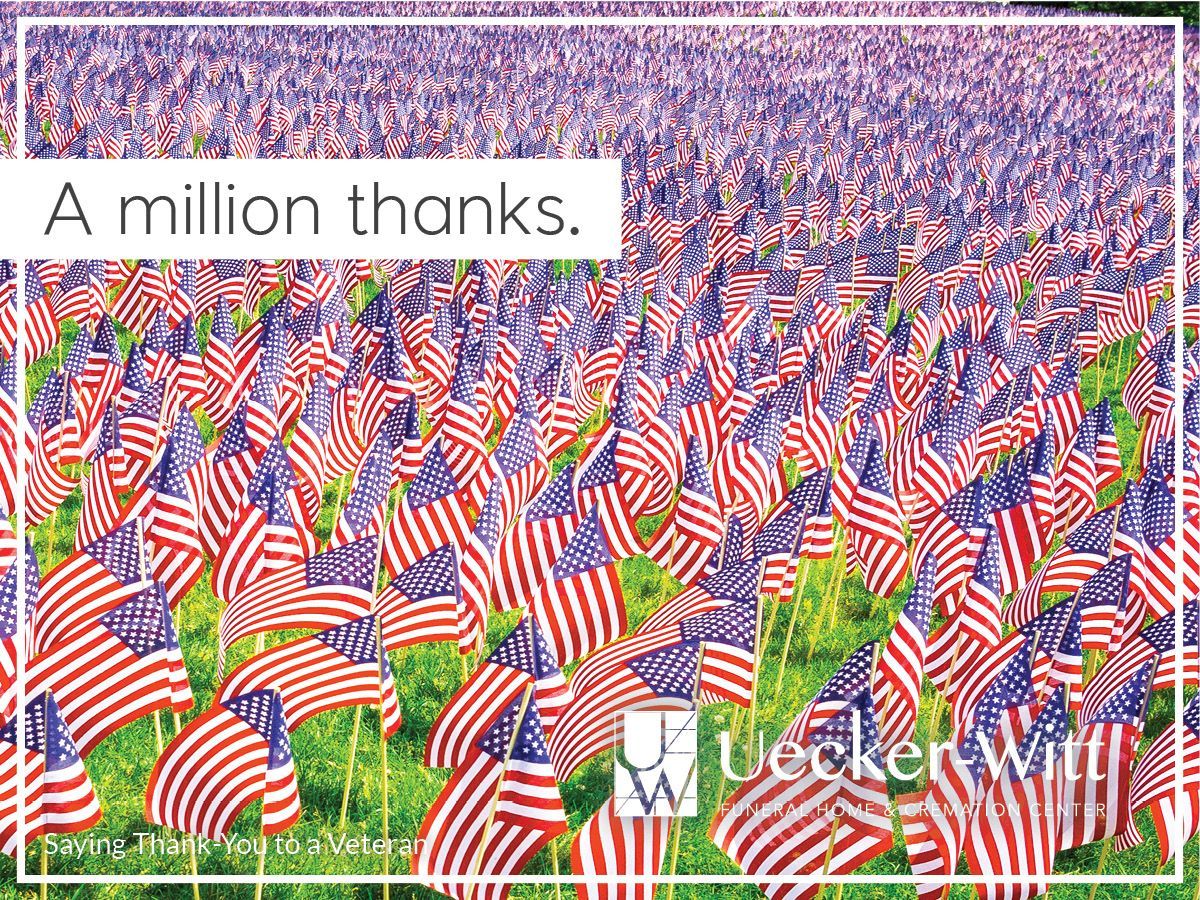Funerals are Changing … but Grief is Still the Same
Without a doubt, funerals are changing. Funeral services have become less formal and are noticeably more personal. They are sometimes religious and sometimes they are not. Funerals are often shorter and sometimes take place weeks after the death. There may be more songs, more pictures, and there is much more creativity at many funerals today.
But the feelings people have when someone they love dies are the same. Grief does not change. People feel detached, alone, numb, untethered. It is hard to believe the person is really gone. You feel their presence, and it hurts to feel it, but you are afraid not to feel it. Grief is hard. When someone important to us dies it is significant and there is a need to grieve and say good-bye.
Most of the changes in funeral services are no more than updated ways to do what funerals have always done. Funerals gather us together so we can cry, hug, laugh, and remember with our family and friends. Funerals let us know we are not alone and provide a way for our friends and family to feed us emotionally and physically.
Funerals provide an avenue toward acceptance of the reality of a death. While a funeral does not alleviate the pain, it is at least a little easier to begin to accept the loss in the embrace of family and friends.
Funerals help us acknowledge that life had value. This person was once a child. They were a mother, father, brother or sister. Whether they were famous or infamous, rich or poor, kind or mean, they lived.
Funerals can’t erase the pain of loss. When the funeral is over the grief is not over. However, skipping having a funeral won’t eliminate grief either. It won’t make death any easier. The ceremony of a funeral answers an instinctive need when going through the grieving process.
Watch the reaction of a child when death impacts their life. Little children seem to just instinctively know what needs to happen. When their goldfish dies, they know they need the help of their parents to deal with loss. They are drawn to ceremony of a funeral to complete their grief and understand the feelings that go with it.















